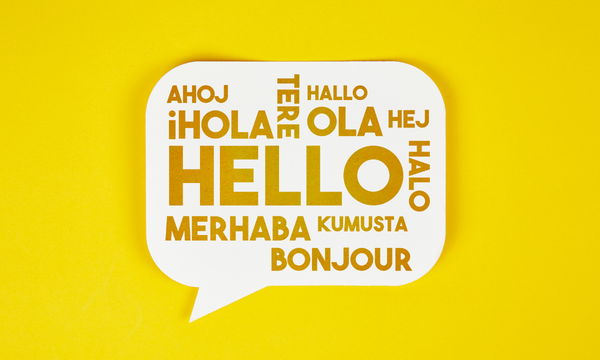
The Challenges of Diplomatic Communication in a Diverse World: The Importance of Language and Cultural Competence


In today's increasingly interconnected world, effective communication is critical to the success of diplomacy and international relations. However, communication can be a major challenge when dealing with the diversity of cultures, languages, and customs that exist around the world. Diplomats and other officials must be able to navigate these differences and communicate effectively in order to achieve their objectives.
One of the most significant challenges of diplomatic communication is the issue of language. In order to communicate effectively with officials from other countries, diplomats must be proficient in a variety of languages. This can be a significant barrier for some diplomats, who may struggle to learn new languages or have difficulty with certain accents or dialects.
Another challenge is the issue of cultural competence. Diplomats must be able to understand and navigate the cultural norms and customs of the countries they are working with. This requires a deep understanding of the local culture and a willingness to adapt and adjust to local practices.
Effective diplomatic communication also requires a high degree of emotional intelligence. Diplomats must be able to read and understand the emotions and motivations of the people they are communicating with, and respond appropriately to different situations.
Despite these challenges, effective diplomatic communication is essential for promoting understanding and cooperation between countries. When diplomats are able to communicate effectively across cultural and linguistic barriers, they can build strong relationships and promote positive outcomes for all parties involved.
To overcome these challenges, diplomats and other officials must prioritize language learning and cultural competence. This can involve investing in language training programs, cultural immersion experiences, and other forms of education and training. Diplomats must also be open-minded and willing to learn from their counterparts in other countries, in order to build strong and effective relationships based on mutual respect and understanding.

